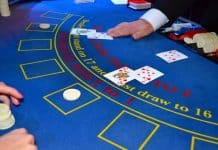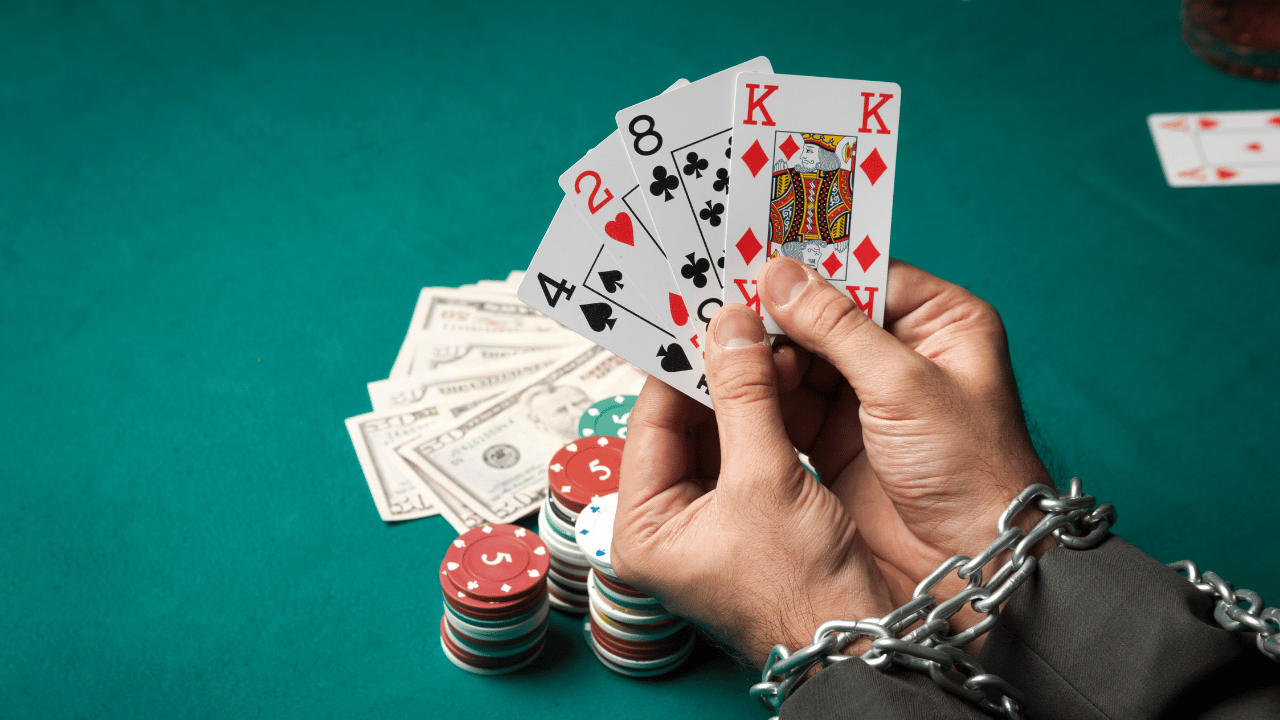Gambling addiction, or compulsive gambling, is a serious issue that can have devastating effects on individuals and their families. It is characterized by an uncontrollable urge to gamble despite the negative consequences. Overcoming gambling addiction requires a multi-faceted approach, including self-awareness, support, and practical strategies.
Recognize the Signs of Gambling Addiction

The first step in overcoming gambling addiction is recognizing its signs. Common indicators include:
- Preoccupation with Gambling: Constantly thinking about gambling, planning the next gambling activity, or reliving past gambling experiences.
- Increasing Bets: Escalating the amount of money wagered or the frequency of gambling to achieve the same level of excitement.
- Chasing Losses: Trying to recover lost money by gambling more often leads to deeper financial problems.
- Neglecting Responsibilities: Ignoring personal, professional, or financial obligations in favor of gambling.
- Emotional Distress: Experiencing feelings of anxiety, depression, or irritability related to gambling.
Seek Professional Help
One of the most effective ways to address gambling addiction is to seek professional help. Cognitive-behavioral therapy (CBT) is a widely used approach for treating gambling addiction. It helps individuals identify and change harmful thoughts and behaviors related to gambling. Counseling can also provide support for emotional and psychological issues associated with addiction.
Consulting with addiction specialists or therapists who focus on gambling can also provide personalized treatment plans and strategies for recovery.
Joining support groups also provides a platform for individuals to share their experiences, receive encouragement, and learn from others who have faced similar challenges. Support groups offer a sense of community and accountability.
Implement Practical Strategies
In addition to professional help, implementing practical strategies can aid in overcoming gambling addiction:
- Set Financial Limits: Establish strict financial boundaries by creating a budget that excludes gambling expenses. Use tools like self-exclusion programs or gambling blockers to limit access to gambling sites and venues.
- Identify Triggers: Recognize the triggers or situations that prompt the urge to gamble. Avoiding these triggers or finding alternative activities can help reduce the temptation to gamble.
- Develop Healthy Habits: Engage in activities that provide a sense of fulfillment and joy. Pursue hobbies, exercise, or spend time with loved ones to replace the time and energy previously dedicated to gambling.
- Monitor Your Progress: Keep track of your recovery journey by setting goals and regularly assessing your progress. Celebrate small victories and remain committed to overcoming the addiction.
Focus on Long-Term Recovery

Overcoming gambling addiction is a long-term process that requires dedication and perseverance. It is important to acknowledge that setbacks may occur but should not be seen as failures.
Instead, view them as opportunities to learn and grow. Continuously engage in recovery practices, seek support when needed, and remain committed to building a healthier, gambling-free life.
Conclusion
Gambling addiction is a challenging issue, but with the right strategies and support, recovery is possible. By recognizing the signs, seeking professional help, implementing practical strategies, building a support network, and focusing on long-term recovery, individuals can overcome gambling addiction and lead fulfilling lives. It’s important to take the first step toward recovery and remain steadfast in reclaiming control over your life.










